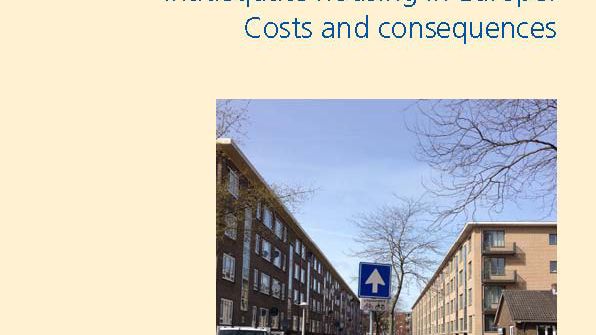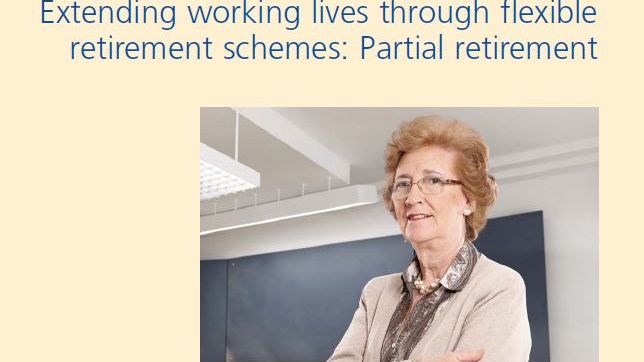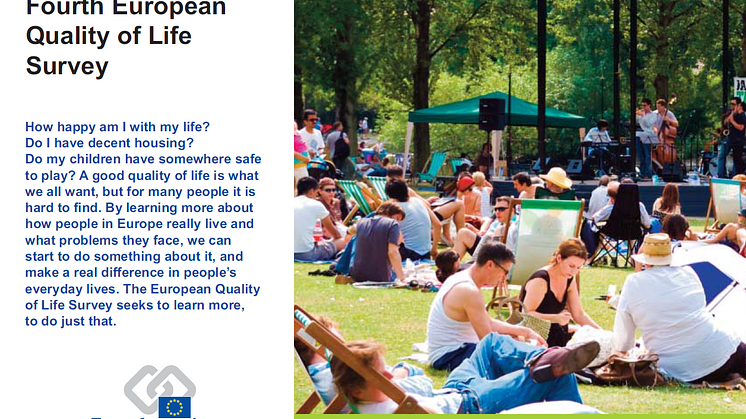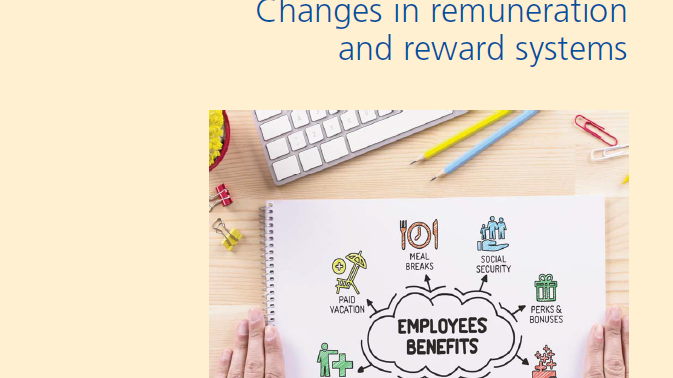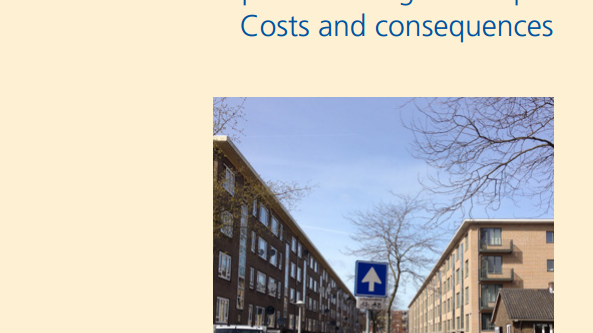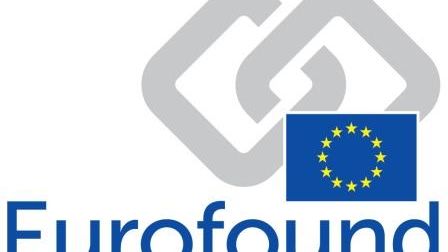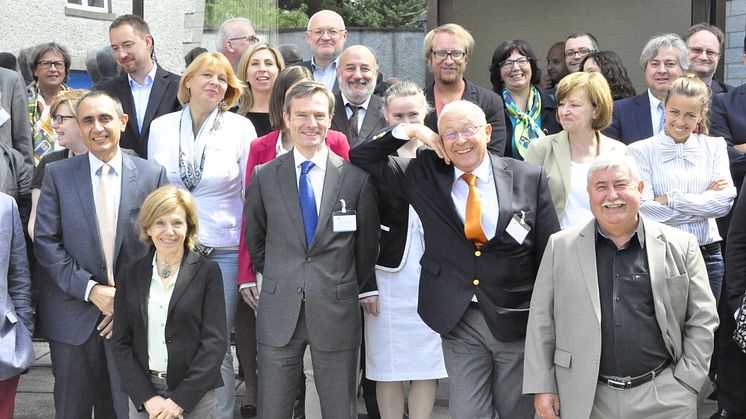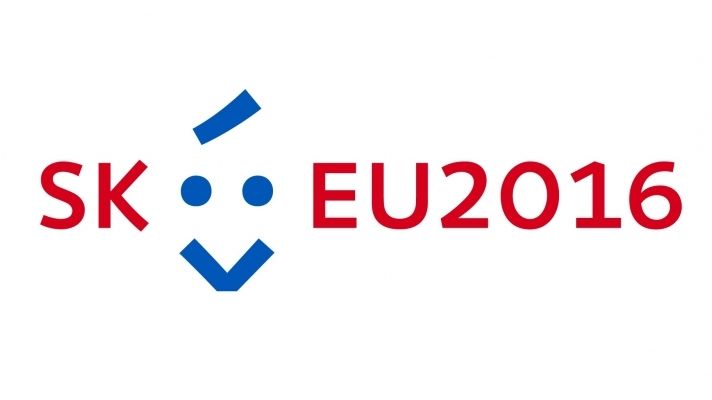Combining work with partial retirement
With people living longer and birth rates falling across Europe, a priority of EU policy is to encourage
Europeans to remain in work beyond current retirement ages, to minimise pressure on pension systems.
At present, older workers often leave the workforce before statutory retirement age, with health problems and care responsibilities cited as common reasons. Many more people simply wish to w










